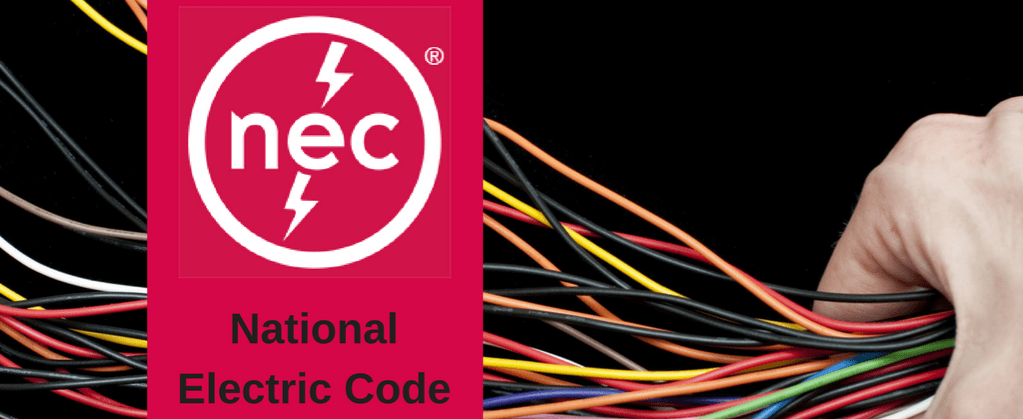Know it when it counts.
ELECTRICAL INSPECTION AND CODE COMPLIANCE
We Prioritize Your Safety
Electrical Inspections are Crucial When Buying a Home
Scheduling an electrical inspection is an important step for anyone buying or selling a home. As a buyer, an electrical inspection is crucial because it helps you understand what you're getting into. The inspection will confirm information about the home's electrical infrastructure and pinpoint opportunities for upgrades.
Electrical inspections also ensure the home is safe. Your inspection technician will verify proper grounding and identify hazards that could put your family at risk. Even newly remodeled homes might need repairs or upgrades for aging components, outdated designs, and other problems.
Home electrical inspections can also verify whether or not an older home satisfies the most recent codes. The National Electrical Code (NEC) is a set of electrical standards that must be followed to make homes safer.
In addition to code compliance, an inspection confirms if the home can meet the power needs of the average family. Your electric inspection technician will inspect the panel and other essential components to confirm the home's amperage. This way, you will know if the home can power several appliances and devices simultaneously. Your technician can recommend upgrades that will accommodate your power demand
Verifying Code Compliance and Safety Standards
We recognize and apply the strictest standards, including all local codes. Our commitment to the highest standards helps us ensure that your home's electricity is safe and reliable. NEC compliance also protects your investment. Here are some come codes that much be followed preventing property damage and ensures a smooth process when you put your house on the market.
NEC Standards for Your Home
We will confirm the building's compliance with local and NEC codes. When local jurisdictions and code enforcement boards inspect for compliance, we will ensure that your home meets their expectations.
We understand local, state, and national codes by working in the Aiken area for over a decade and studying the code book. We have the confidence and knowledge to flag and correct compliance concerns, keeping your property and family safe.
Here are some of the most important electric code guidelines we can ensure your home meets:
Electrical Standards for Bathrooms
Bathrooms must have the following:
Ground fault current interrupter (GFCI) receptacles
A receptacle within 3 feet of the outside edge of the sink basin
No receptacles oriented face-up on countertops
At least one separate 20-amp branch circuit dedicated to the bathroom outlets that power high-wattage devices
Electrical Standards for General Rooms
General rooms must meet the following requirements:
Wall receptacles every 12 feet
Receptacles on any wall space that is more than 24 inches wide
At least one receptacle in a hallway of more than 10 feet
Electrical Standards for Kitchens
Some essential electrical code requirements for kitchens are as follows:
GFCI receptacles for any countertop outlet
A maximum receptacle installation height of 20 inches above countertops, except for homes that accommodate the physically handicapped and islands or peninsulas where this is not possible
Receptacles above all countertops that are 12 inches or wider
No face-up receptacles
At least one receptacle on any kitchen island or peninsula


